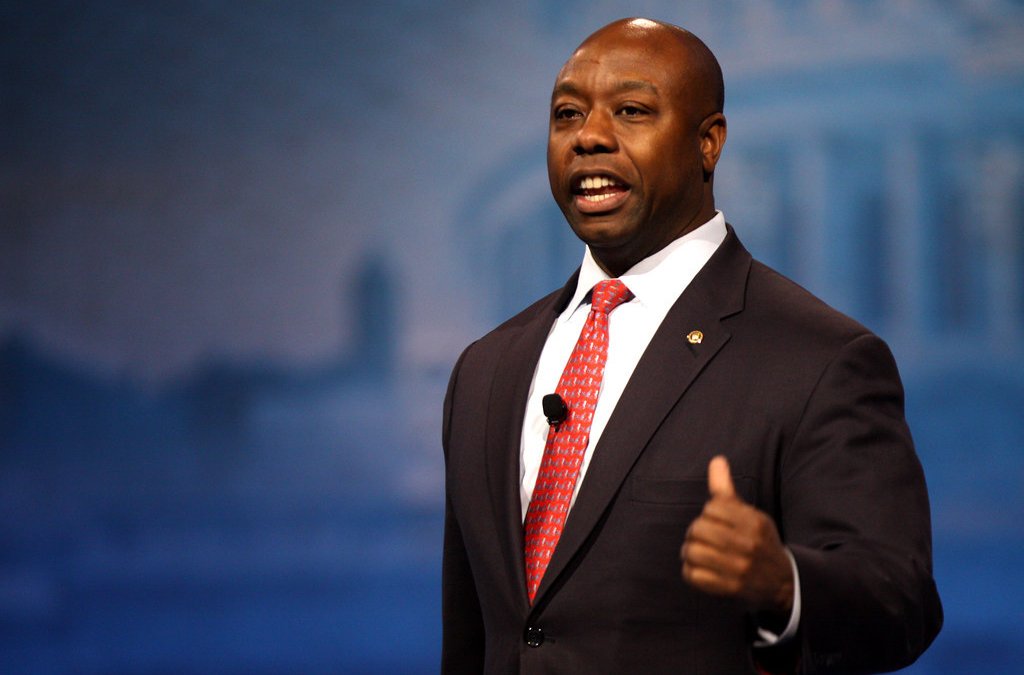WASHINGTON — Congress is facing growing pressure to reintroduce police reform legislation after body camera footage from the deadly beating of Tyre Nichols by Memphis police officers was released last Friday.
“We must have legislation that is effective around this country that makes sure that we stop the killing of a black man,” said Gloria Sweet-Love, the Tennessee NAACP state conference president over the weekend.
In the wake of George Floyd’s murder, Congress introduced the George Floyd Justice in Policing Act but failed to pass it. The bill would have eliminated qualified immunity for officers, banned no-knock warrants, and established a federal registry of police misconduct complaints.
While senators from both parties have voiced support for new legislation, the provisions are unclear and any bill would face an uphill battle in the Republican-controlled house.
“I want to rekindle this conversation if others want to participate, they’re welcome as far as I’m concerned,” Sen. Dick Durbin (D-Ill.) said on Monday. “We’ve got to do our job, and whatever happens [in the House] happens.”
Durbin said he had a conversation Monday with Sen. Lindsey Graham (R-S.C.) on qualified immunity, which protects officers from civil lawsuits unless they violate “clearly established” statutory or constitutional rights. Graham tweeted Monday that while he opposes civil lawsuits against individual officers, he is in favor of holding police departments accountable for the actions of their officers.
Sen. Cory Booker (D-N.J.) and Sen. Tim Scott (R-S.C.) led talks on policing in the Senate that stalled in 2021. The George Floyd Justice in Policing Act passed in the House twice but was blocked by Republicans in the evenly-divided Senate. An alternate bill proposed by Scott was deemed “non salvageable” by Democrats and did not make it to the floor for a vote.
Scott said on the Senate floor Monday that he “never left the table” on negotiations and instead blamed democrats for failing to find common ground.
“It was Sen. Durbin who filibustered my JUSTICE Act. It was Sen. Durbin who called the effort to make de-escalation training more available a token piece of legislation,” Scott said.
Scott refused to answer Tuesday afternoon whether he had spoken to Booker since his speech on the floor.
In the House, several members of the Congressional Black Caucus have expressed interest in reintroducing legislation. Rep. Steven Horsford (D-Nev.), the caucus’s chairman, told NBC on Monday he plans on reaching out to Scott to “initiate negotiations on principles around the George Floyd Justice and Policing Act.”
Democratic Caucus Chair Pete Aguilar (D-Calif.) said Tuesday, “you can count on us to introduce measures that will further accountability in policing.” In addition to Horsfield, he said Rep. Joyce Beatty (D-Ohio), the former chair of the Congressional Black Caucus, could play a role in negotiations in the House.
Horsford invited the Nichols family to attend President Biden’s State of the Union address next week. The executive director of the Congressional Black Caucus tweeted Sunday that the family accepted the invitation.


